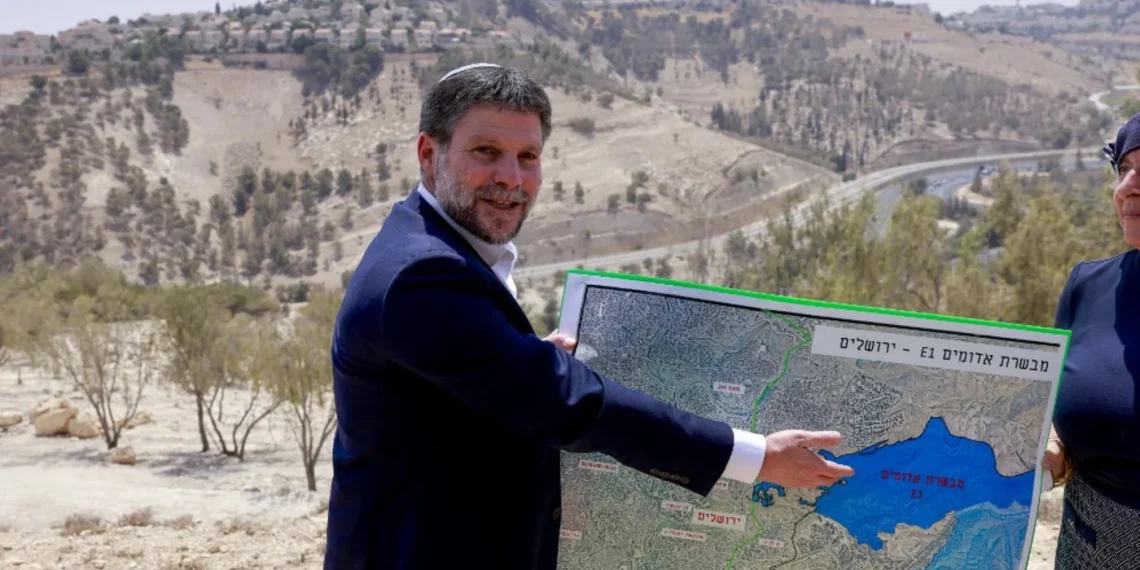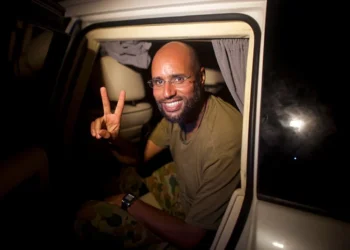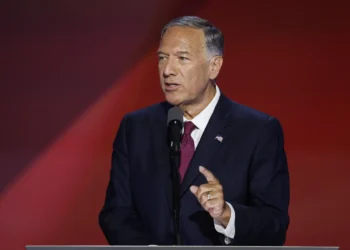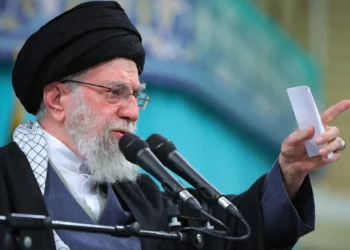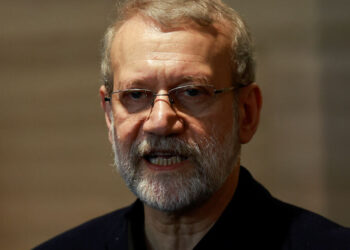TEL AVIV (Realist English). The government of Israeli Prime Minister Benjamin Netanyahu has moved forward with the controversial E1 settlement project, which seeks to connect the Maale Adumim settlement bloc in the occupied West Bank with East Jerusalem — a step critics describe as the effective dismantling of prospects for peace.
The development of E1 would create a settlement corridor cutting through the West Bank, severing north from south, and closing off the last relatively open access route for Palestinians to East Jerusalem’s religious sites, hospitals, and economic hubs. The area currently hosts an Israeli police headquarters and several Bedouin communities.
Analysts say the timing of the decision is a direct response to the growing number of states recognising Palestine. For Netanyahu and his allies, embedding E1 into Israel’s settlement map would deliver what they call “the final blow” to Palestinian statehood.
The International Court of Justice (ICJ) ruled in July 2024 that Israel must cease its occupation, citing violations of the prohibition on acquiring territory by force and the denial of Palestinians’ right to self-determination. Yet the Israeli government, backed by U.S. ambassador Mike Huckabee, a vocal Christian Zionist who has argued that E1 does not breach international law, is pressing ahead.
A wider strategy
The E1 plan is part of a broader “Greater Jerusalem” policy designed to expand Jewish presence from Tel Aviv to the Jordan River. Settler activity, house demolitions and land seizures have accelerated to record levels, while Bedouin families in the periphery face forcible displacement.
Jerusalem remains the focal point for nationalist and religious movements. Right-wing ministers such as Bezalel Smotrich and Itamar Ben Gvir openly promote an agenda of permanent confrontation, framing endless war as inevitable and reducing Palestinian territories to fragmented, heavily securitised enclaves.
International critics warn the policy risks creating conditions of apartheid-like segregation and entrenched conflict. “E1 is a sniper’s bullet to the heart of future coexistence,” one observer said.
Human cost
The project threatens thousands of Bedouins already uprooted from the Naqab desert in 1948. Human rights groups stress their knowledge of desert survival and pastoral traditions is invaluable at a time of escalating climate threats. Former Palestinian leader Yasser Arafat once called them the “gatekeepers of Jerusalem.”
As the war in Gaza devastates Palestinian lives, rights advocates argue the E1 expansion underscores Israel’s disregard for international law and calls for stronger sanctions and enforcement measures. Minor embargoes, they say, have failed to alter Israeli policy, while pro-Palestinian activists face arrests both inside Israel and abroad.
“The settlement push deepens the cycle of war, fear and displacement,” said a regional analyst. “Without decisive international action, the prospects for a just and lasting peace grow ever dimmer.”


